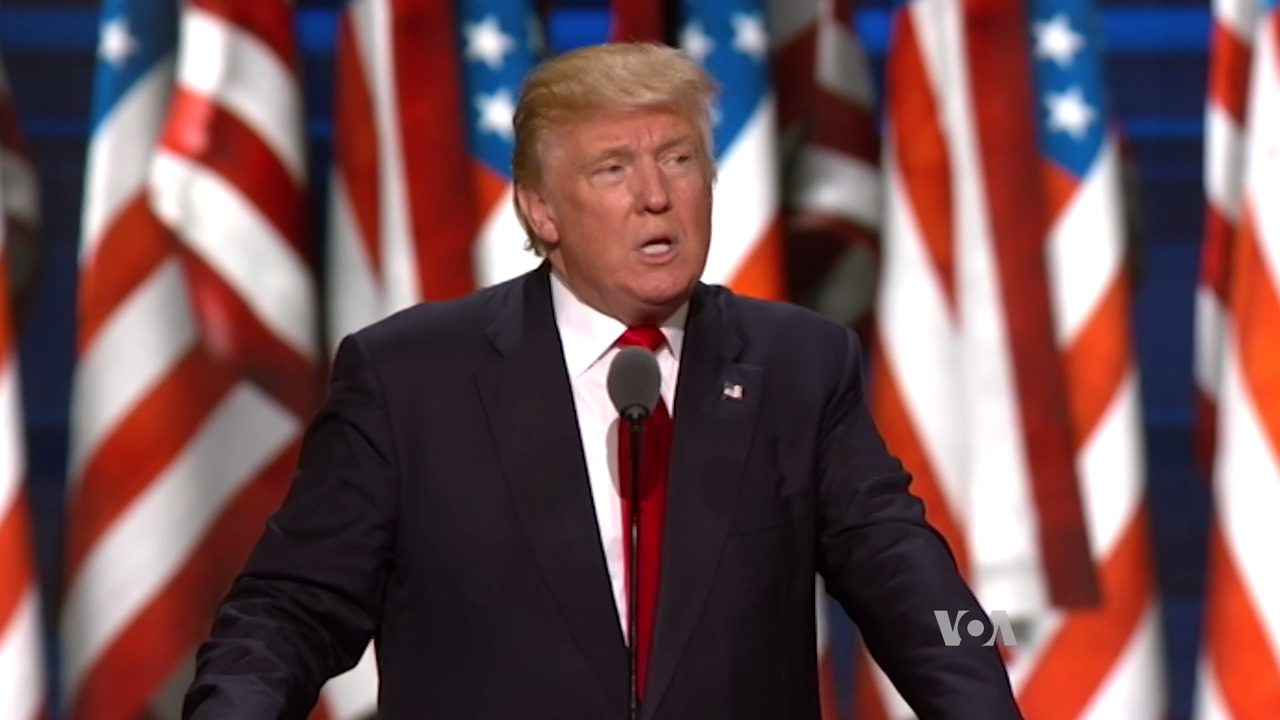Shutdown Fills Regulatory Action with Uncertainty for Industry

Retirement industry stakeholders and investors seeking information from the affected federal agencies were clouded with uncertainty during the shutdown. Industry sources were not sure whether the Securities and Exchange Commission would have to modify its rule-making timeline, as well as its standard of conduct package.
Some firms were in the dark as to when employees at the SEC would sign off on their applications in order to become registered investment advisers. This is because only a limited number of the agency’s employees were working. Foreign investors that that are interested in investing in U.S businesses that are seen to present a national security concern are in a similar state.
The said investments are now to be reviewed by the committee on Foreign Investment, which is part of the understaffed Department of Treasury. There was a whole other level of uncertainty for the roughly 800,000 federal workers who didn’t have a clue when their next paycheck would arrive.
Hardships
The number of hardship withdrawals made by federal workers from their retirement funds increased during the shutdown. This is according to the Federal Retirement Thrift Investment Board data.
Data from Dec. 26, 2018, to Jan. 14, 2019 shows that there were 7,055 hardship withdrawals. This is up from 5,249 such withdrawals over the same period a year earlier. A spokeswoman for the multi-billion Thrift Savings plan, Kim Weaver, in an email said at the time that it’s too early to know for sure that the rise in hardship withdrawals is due to the shutdown. She also noted that the number of plan participants has risen to about 5.5 million as of Dec. 23, 2018, which is up more than 330,000 since the end of 2017. In addition, Ms. Weaver stated that the IRS is still allowing hardship withdrawals for natural disasters.
The U.S economy could have had a greater negative impact if the shutdown had lasted longer.
Uncertainty has also been seen for some businesses planning to go public through an initial public offering. The process should be straight forward for those that have completed the SEC review process once staff return to work. Foreign investment in U.S. businesses is to be reviewed by CIFUS that is in the early stages of an 18-month pilot program of broader jurisdiction. The committee, however, isn’t reviewing any deals as of now, said a partner and head of global trade at Goodwin Procter LLP, Richard L. Matheny.







